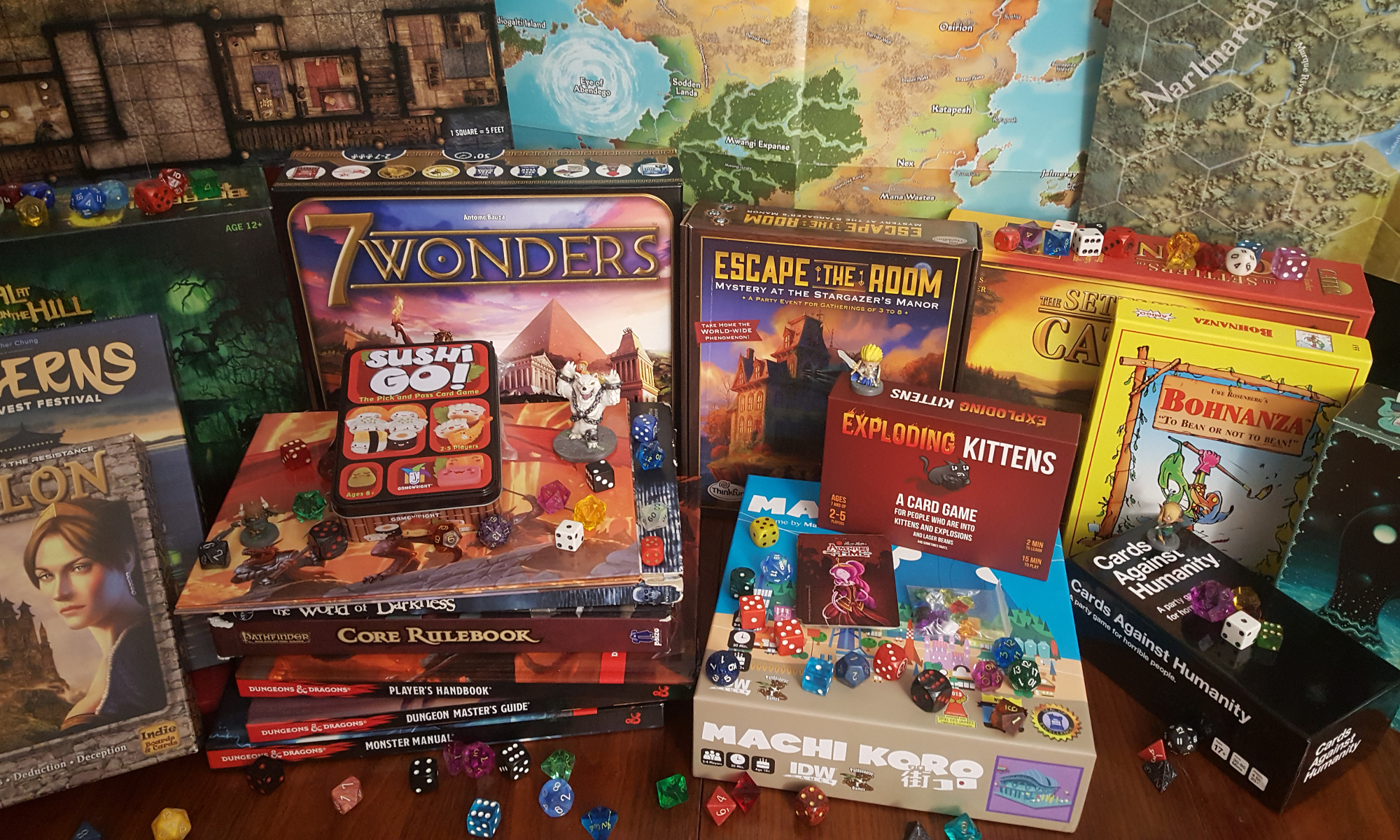Today’s episode is about the game behind (and beyond) the game – the metagame! It’s hard to imagine what a game without a metagame would even look like, and yet so frequently we only speak of “metagaming” pejoratively. Today, we’ll be discussing what the metagame is and how you can view it with appreciation rather than apprehension.
Let’s talk about metagames! No, not any of the metagame stuff we’ve already discussed in today’s episode – I’m going to blog today about the many strange and wondrous metagames to be found across the world of competition and in all its forms!
Take, for example, the fighting game genre of video game. As far back as the old school arcade game Street Fighter 2, players have recognized that characters can be rated on a tier list indicating their relative power as typically measured by how frequently the very best players win tournaments with those characters. The characters Sagat (a powerful sub boss character with devastating attacks and high combo potential), Vega (a fast character who also features devastating combination attacks) and Dhalsim (the character with super stretchy limbs) are highly regarded as the best characters, with Soviet bear wrestler Zangief falling to the very bottom, in part because he’s slow and partially because his most devastating attack is alarmingly difficult for a human player to pull off.
Tier lists, by and large, exist solely for competitive play. Sure, it helps to know, even if you’re just playing with a few friends, that you’ll have much more of an uphill battle playing a match in Tekken as Kuma the bear against Raven the ninja, or that Smash Bros’ Luigi may have difficulty overcoming Fox (especially given the infamous “No Items / Fox Only / Final Destination” setup stipulations the very worst kind of Smash player insists on*. Ultimately, though, any character can (and does) beat any other character given the right circumstances, a disparity of skill and maybe a little luck.
Although we mentioned this in the episode, I want to elaborate a bit more on iterative games and the inherent metagame of knowing not only that you will play another match against a given player, but that they will play other matches that don’t involve you, and have records and expectations to consider. When I played Magic: The Gathering, I was once told that in tournament settings where you have already lost a game and, therefore, the chance to progress, and you are playing a match against another player who has not yet lost, the thing to do to cement friendship and goodwill is to forfeit so they can continue. I have a strong viscerally negative reaction to this, even though there is no prohibition against it. In a more personal and less hypothetical example, whenever my brother finishes in the top 2 of a tournament, he immediately offers his opponent the opportunity to call a draw and request that the prizes for first and second place be split evenly between them. This is, apparently, common enough practice that nobody seems to think it’s particularly odd even if they do it themselves. In a sense, the social expectations of the game become a metagame as well.
If you think, for whatever reason, that professional sports are largely free of this sort of manipulation, you would be wrong. Consider the match-fixing scandal that rocked professional sumo wrestling in 2011.: players with nothing to lose threw matches against players with opportunities for promotion, analogous to what Magic players do.
Other less obvious examples of sports metagames include:
- the psychologically dubious tradition of having a pink locker room for visiting football teams (under the belief that this will emasculate them and damage their performance)
- NASCAR mechanics who come up with novel methods of skirting regulations (e.g. having extra thick, extra long fuel lines to carry additional fuel)
- the pitching metagame in baseball (where pitches are varied to prevent players from becoming too accustomed to a single variety of pitch)
- the extremely unsportsmanlike “Hack-a-Shaq” strategy (wherein star center Shaquille O’Neal would be repeatedly and often violently fouled with the understanding that he performed poorly at free throws and superficial injuries from repeated fouls might impair his play)
- the fact that the US World Cup Soccer team has to assume that if they’re in the lead the refs will award an excessive amount of time (no really this still pisses me off so much even after years)
On a more tabletop game related note, something that we didn’t really have time to cover in today’s episode is the unique susceptibility of party games – especially those of the “social deduction” and “please the judge” genres – to metagaming based on the personalities of the players involved. When playing with a group of strangers, I’ve noticed that it’s not usually long before you get a feel for everyone at the table and find that, instead of choosing the safe option, you start to feel out their personal tastes and learn to play to their expectations.
Remember – metagames are inextricable from gaming as a concept. Being aware not only of the existence but also the ramifications of metagaming will lead to a more rewarding gaming experience. We hope we’ve inspired you to think more of the game outside and beyond the game itself.
* You will NEVER see me backpedal on this. People who play Smash this way are actually outlandishly bad at the game. Playing Smash like this is like playing golf on a completely flat fairway – the whole game becomes “who is best at a single fundamental skill that comprises only a fraction of the game’s full scope,” which isn’t golf at all.

